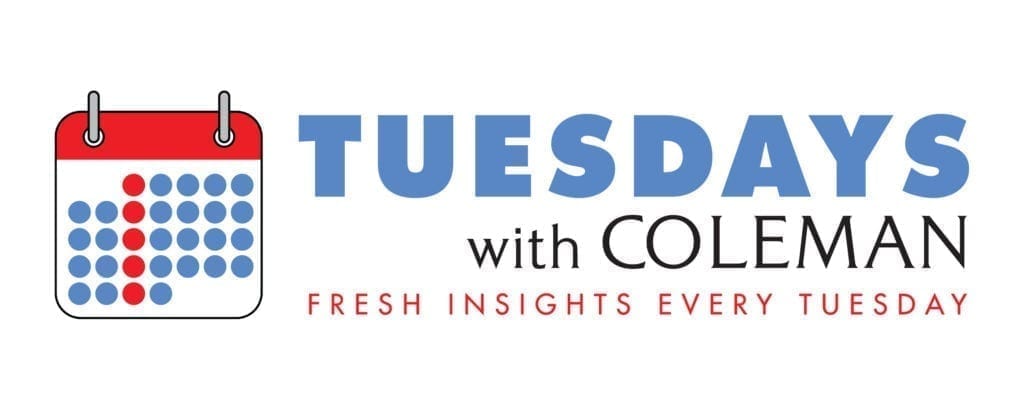
When the HQ Trivia app was released in the summer of 2017, it was an instant sensation. It was #1 on Time’s 10 Top Apps of 2017. Partnerships with brands including Nike, Google and Warner Brothers brought in millions in revenue. The popularity of HQ influenced internal discussions about what lessons radio shows could learn from it.
My family was so addicted to the app in the summer of 2018 that we set our alarms to 8:55 PM, giving us five minutes to prepare for the daily 9 PM start time. We even stopped what we were doing on vacation–I specifically recall playing the game on a bench at Spruce Street Harbor Park in Philadelphia, because that was the night we won. A whole two dollars and seventeen cents.
There are always behind-the-scenes and internal reasons that can contribute to a company’s failure, and this is not a referendum on that dynamic. It is, however, a first-hand observation from a regular user who stopped using the app long before its demise last week, on Valentine’s Day.
When tactical strategy overwhelms brand strategy, brand growth is stunted. Ultimately, HQ was a game built heavily on tactical content rather than brand strength. Here are three reasons why the HQ trivia app failed:
- THE PRIZE WAS THE REASON TO PLAY, AND THE PAYOFF WAS A DISAPPOINTMENT
I play three games on my phone: Words With Friends (my favorite), Jeopardy and Family Feud. In the case of all three of these games, I win nothing but pride. They are strongly branded apps that focus on the strategy and the joy of playing the game.
While trivia is fun, the carrot dangled by HQ was the prize, the amounts of which varied. Usually around $5,000, sometimes as high as $100,000. Unfortunately, if you actually got through all the increasingly difficult questions to win, it was a share of the jackpot (like my $2.17 windfall).
It’s hard to not be disappointed when a brand markets huge jackpots as the selling point, but you can’t actually win the whole jackpot.
- PLAYABILITY FRICTION
A live trivia game show played on a mobile device is an ambitious idea but a highly risky proposition. If there are no technical issues on HQ’s end and everyone is on super-fast Wi-Fi, it should be a seamless experience! Unfortunately, there were sometimes technical problems on HQ’s end that required delaying game times or interrupting within games. As for the end-user, if you had a connection dropout or the picture started pixelating, you were out of luck and unceremoniously dropped from the game. With a stronger likable brand, perhaps players may have given HQ more leeway and forgiveness. There are only so many times you’ll put up with that.
- HQ DIDN’T BUILD THE BRAND FIRST
Instead of focusing on making HQ a world-class trivia app, the company hitched its wagon to line extension. They launched HQ After Dark, HQ Sports, HQ Words, HQ Tunes and HQX.
More often than not, line extension is a trap.
While brands across industries can find takeaways from HQ’s failure, brands (including radio stations) that spend a great deal of their focus on tactical strategy like contesting should use caution to ensure this does not come at the expense of brand building.
While tactical may bring a consumer in, your brand is why they will (or will not) stay.

Excellent you made on everything. Fewer winners with higher rewards ($10….$20) would have been fantastic. HQ technical services and support was awful. Most of the time it was being run “by the children”. It all starts at the top management. There was no learning process performed at all. Hosts were great.